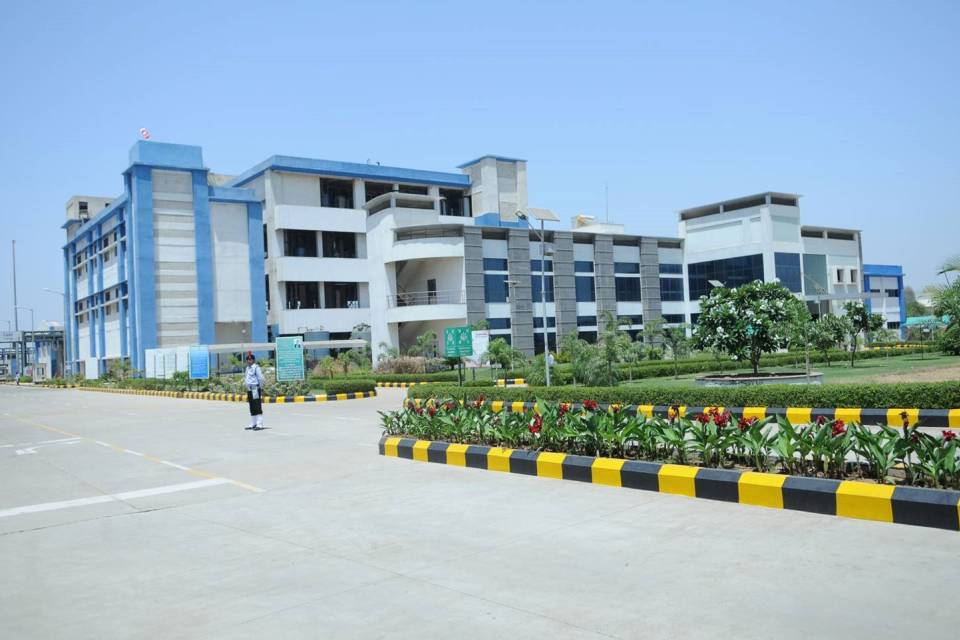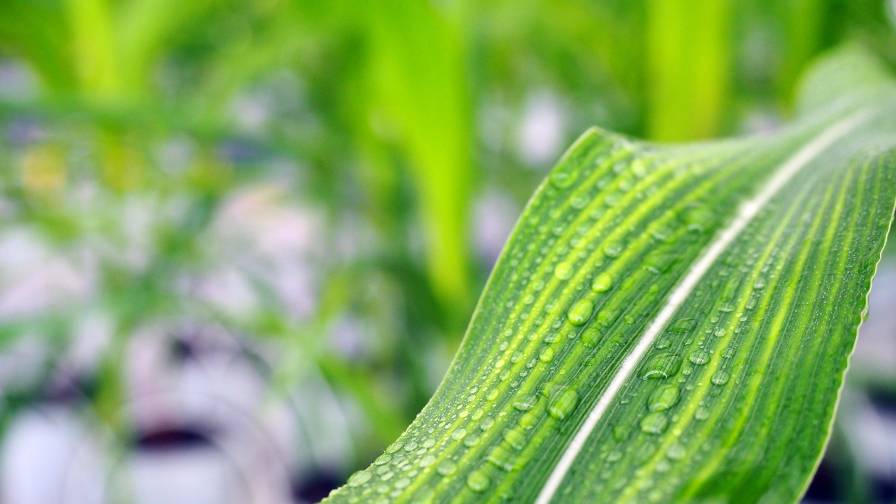Insights into Agricultural Weed Management: A Decade of Experience
In an exclusive interview with AgriBusiness Global, Amit Mishra, Chief Portfolio Manager – Herbicide at Dhanuka Agritech Ltd., offers a deep dive into the evolving landscape of agricultural weed management. With a decade of experience developing Sempra, a specialized herbicide targeting Cyperus rotundos, Mishra provides unique insights into modern farmers’ challenges, the importance of sustainable agricultural technologies, and the critical role of innovation in crop protection. This conversation explores the intricate balance between productivity, environmental responsibility, and technological advancement in contemporary agriculture.
ABG: After 10 years in the market, what broader lessons has Sempra learned about weed management in sugarcane and maize cultivation?
Amit Mishra: Over the past decade, we’ve gained significant insights into the challenging landscape of weed management. Two key challenges have emerged that are transforming agricultural practices.
First, labor scarcity has become a critical issue. Traditionally, weed control was heavily dependent on manual labor, with farmers relying on extensive workforce to manage their fields. However, we’ve observed a significant decline in available agricultural workers coupled with rising labor costs. This makes weed management increasingly difficult, particularly for farmers using traditional, labor-intensive practices. The challenge is most pronounced among late adopters who have been slow to embrace modern agricultural technologies and continue to rely on manual methods.
Another crucial challenge is the lack of knowledge and awareness about effective weed management technologies. The agricultural market is currently flooded with numerous products, but many farmers struggle to identify genuinely effective products. Some products compromises on quality, potentially leading to poor weed management outcomes and even crop damage. This underscores the critical need for farmers to be equipped with accurate information and access to genuine, high-quality agricultural technologies.
ABG: How have farmer expectations changed over the last decade?
AM: Farmer expectations have shifted dramatically in response to changing agricultural landscapes. Modern farmers are now seeking comprehensive solutions that go far beyond simple crop protection. They want sustainable and innovative technologies that can deliver multiple benefits simultaneously.
These technologies must provide consistent and high productivity, addressing the growing demands for agricultural commodities in a world with an expanding population. Farmers are looking for permanent solutions that not only optimize yield but also ensure long-term soil and crop health. With increasing pressures from population growth and government initiatives—such as ethanol production from sugarcane and maize—farmers need technologies that can help them meet these evolving challenges while maintaining environmental responsibility.
ABG: How does Sempra contribute to integrated weed management strategies, especially considering the increasing focus on sustainability?
AM: Sempra has established itself as a trusted solution in integrated weed management for sugarcane and maize. Its journey over the past decade reflects a remarkable trajectory of adoption and trust within the farming community. The product has been widely embraced by innovative and early-adopting farmers, with its usage consistently growing year after year.
Farmers who have used Sempra consistently rely on it for repeated applications in subsequent seasons. Moreover, new farmers are rapidly adopting the technology based on positive recommendations from their peers. This organic growth demonstrates a strong market demand for sustainable weed management solutions that deliver tangible results.
ABG: How do you balance productivity with environmental responsibility?
AM: We approach environmental responsibility with the utmost care and precision. Sempra is designed as a highly selective herbicide that specifically targets Cyperus rotundus, one of the most challenging weeds in agricultural settings. This targeted approach ensures the product is safe for sugarcane and maize crops while effectively managing problematic weeds.
Cyperus rotundus is particularly notorious for significantly reducing crop productivity and causing substantial economic losses. By providing effective and long-lasting control of this weed, Sempra supports sustainable farming practices without causing environmental harm. The product is carefully formulated to be comparatively safe and does not pose risks to soil health or water bodies. This makes it an ideal choice for ecosystem-responsible weed management.
ABG: What role do partnerships between agribusinesses and research institutions play in developing weed management solutions?
AM: Collaboration between agribusinesses and research institutions is fundamental to driving innovation in crop protection technologies. At Dhanuka Agritech, we recognize that advancing agricultural solutions requires a comprehensive, multi-stakeholder approach.
We actively collaborate with leading research institutes like the Indian Council of Agricultural Research (ICAR) We engage in technology transfer programs to farmers, conduct on-field product demonstrations, and participate in extensive farmer training and knowledge-sharing initiatives.
By working closely with agricultural universities, development officers, and scientists, we ensure that the latest advancements in weed management reach those who need them most. Our experts collaborate with research institutions to educate farmers about best practices, teaching them not just about innovative solutions like Sempra, but also how to use these technologies safely and effectively.
ABG: Anything you’d like to add?
AM: Products like Sempra are the result of extensive effort and deep commitment to agricultural innovation. During our recent 10-year celebration, farmers shared profoundly emotional stories about how such solutions protect their crops—which are essentially their livelihood. For many farmers, crops are more than just a source of income; they are like family members.
We take pride in empowering Indian farmers in sugarcane and maize cultivation by providing effective, sustainable weed management technologies. Our work goes beyond selling a product; it’s about supporting agricultural communities, enhancing productivity, and contributing to food security.






